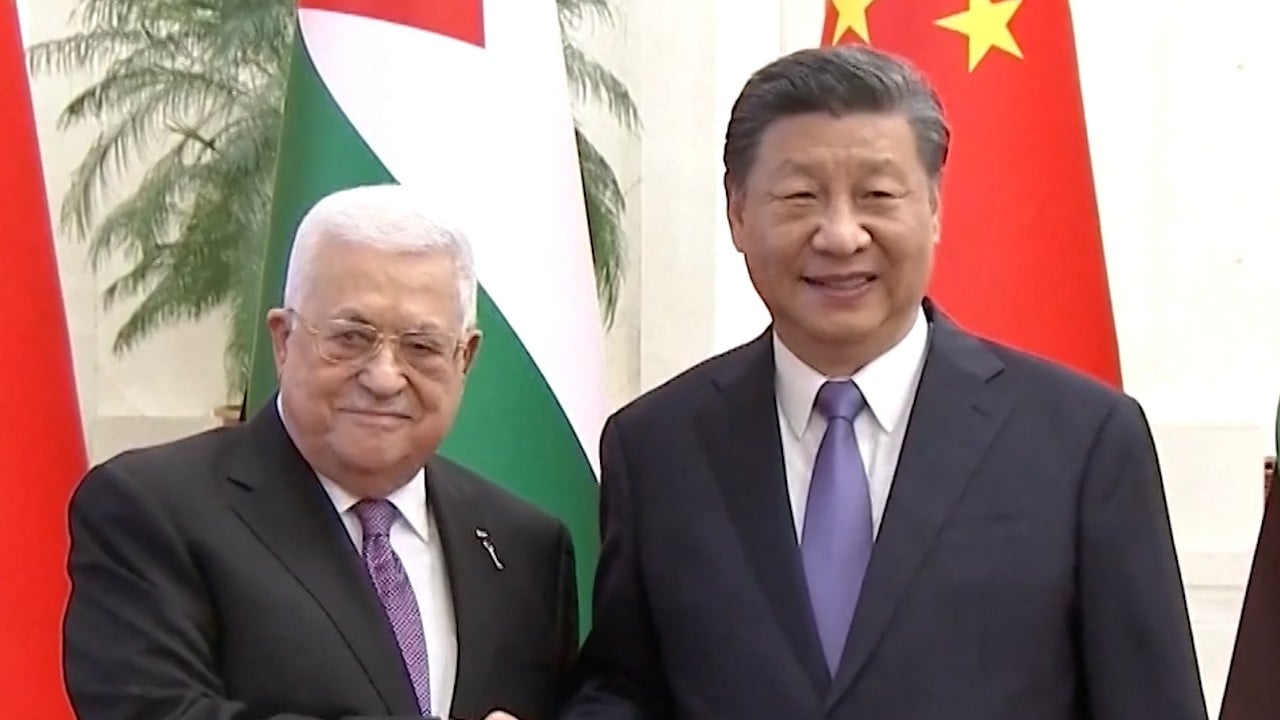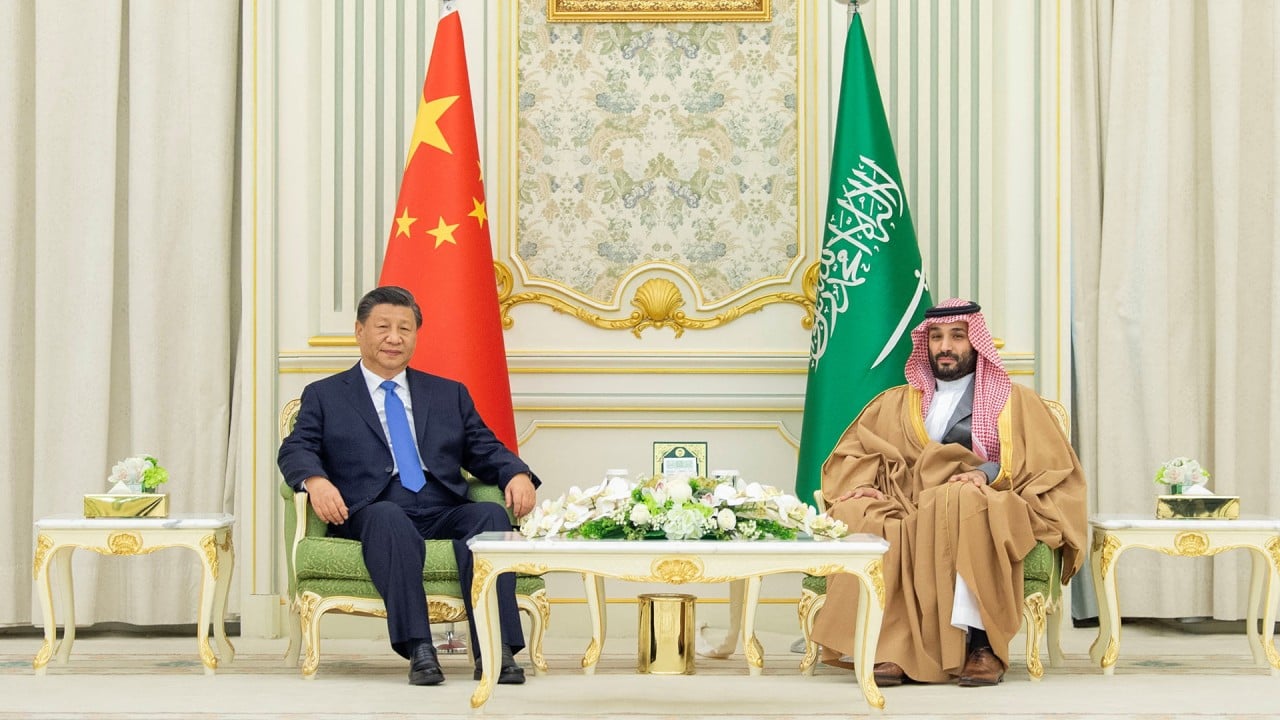
China shores up strategic ties with the United Arab Emirates as Beijing extends its Mideast reach
- Foreign Minister Wang Yi seeks UAE backing for a regional free trade deal, calling for resistance to ‘foreign interference’
- The Emirates may be Beijing’s closest Arab Gulf partner at the moment, observer says
“We should effectively … complete the free trade agreement [between China and the council] as soon as possible for the greater development of China’s relations with Arab states and the GCC.”
Trade negotiations between China and the GCC began in 2004 but have repeatedly stalled because of hesitation among Gulf leaders.
Wang tried to advance the talks in 2021 during his previous stint as foreign minister.
In his latest appeal, he said the UAE had strong ties with China and was “an important strategic partner for China in the Middle East”, according to a foreign ministry statement.
“[The two countries should] firmly support each other on issues of core interests and resist foreign interference,” he said.
According to the statement, the UAE foreign minister echoed the sentiment, saying: “We treasure the UAE-China friendship and hope to side with China to seize opportunities [for cooperation].”
The call comes as China’s influence in the Middle East is expanding, filling a void left by the United States.
Chinese President Xi Jinping also visited the region in December, when dozens of deals were signed to not only boost traditional energy cooperation but also investment in a series of other industries ranging from trade to technology.
Jean-Loup Samaan, a senior research fellow at the Middle East Institute of the National University of Singapore, said the UAE was potentially “the closest Arab Gulf partner of Beijing” at the moment.
Samaan said the phone call this time reflected a “desire to display strong ties between Beijing and Abu Dhabi” and he expected more public exchanges between Wang and Middle Eastern counterparts to follow.
At a time of rivalry for influence, “any formal exchange involving China in the Middle East these days has a huge symbolic implication because of the cold war mindset between Washington and Beijing”, he said.
The phone call also came as representatives from some 40 countries prepared to meet in Saudi Arabia on the weekend to discuss peace plans for the Ukrainian war.
The UAE and a number of oil-rich Gulf nations are expected to take part.
But Samaan said the significance of the UAE to the war in Ukraine had been “modest” and the relevance of the phone call to the summit was rather limited.



